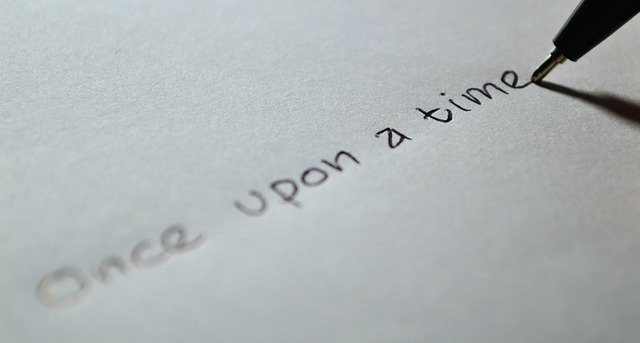
I got my first COVID vaccine shot the other day, ending weeks of wrestling with temptation.
You see, until last week, the only way to even register for the vaccine — much less snag a coveted appointment — was to check the box that said I was 75 or older. Which I am not.
I was, however, extraordinarily anxious to get the vaccine because I believed it would give me some peace of mind. Being diabetic, I believed it would protect me from serious complications of COVID. I believed I would feel less restricted, less frustrated, perhaps more comfortable getting a massage or going on vacation, both of which I am desperate to do.
My mouse hovered over that box and I thought of all the reasons it would be OK to just click and be on my way to vaccineland:
- I may not be 75, but I am in the next group up, so it’s really just a matter of timing.
- There are plenty of people who don’t even want to be vaccinated and I do!
- Relying on local government to manage this process fairly and efficiently is absurd. After all, these are the people who brought us the DMV.
- It seems to be the only thing that will calm my anxiety and ease the frustration that boils over at the slightest provocation.
I didn’t click the box. It wasn’t just the threat of prosecution for making a false statement, though I’m enough of a Girl Scout that it did spook me. It was a nagging feeling that the story I was telling myself about why it was OK was pretty weak tea.
Recently, a spin class instructor made national news by bragging that she had gotten a vaccine by claiming she was an “educator” and urging others to do the same. What story did she tell herself, I wonder?
Or how about the large donors and board members of hospitals that have been allowed to jump the vaccine line? What did they tell themselves as they rolled up their sleeves?
Do I even need to mention the politicians who have flagrantly broken their own COVID quarantines? I imagine it took some impressive mental gymnastics — and chutzpah — to send a tweet from a resort in Cabo urging people to stay quarantined in their own homes, unable to even go to loved ones’ funerals.
All of this got me thinking:
I believe that, as a rule, people don’t do things they think are wrong. Oh, they may acknowledge that there is some rule or law or commandment against what they want to do. But they think there are several good reasons why none of them apply to them. I believe this is true for the whitest of white lies, and for the most heinous of crimes. We always have a good reason for what we want to do, rules be damned.
When my grandmother would take a handful of grapes while grocery shopping, she told herself that the store could afford it with the prices they charged. Our politicians rationalize their bad behavior with an excuse used by children since time began: “They started it.” Cutting in line, breaking a promise, cursing someone out, fudging on taxes, getting someone fired for expressing the “wrong” opinion, physical or emotional violence — we are experts in justifying ourselves.
Why do we do it? We do it because we have to in order to believe we’re basically good people. If we don’t we’re faced with two very distasteful scenarios.
- We would have to acknowledge that we are being lawless with no good reason, which just makes us sociopaths.
- We would have to live with not satisfying whatever desire we have.
Not surprisingly, the first story told to justify breaking a rule was told by the first people. In Genesis Chapter 3, that wily serpent begins by placing doubt in Eve’s mind …”Did God really say….” The rationalization train leaves the station, and chugs along until she arrives at her destination:
“So when the woman saw that the tree was good for food, and that it was a delight to the eyes, and that the tree was to be desired to make one wise, she took of its fruit and ate, and she also gave some to her husband who was with her, and he ate.”
She and Adam knew the rule — the only rule — but they wanted that apple,. So they told themselves a story. “God didn’t really say…God didn’t really mean…Why wouldn’t He want me to have this beautiful thing?” We’ve been doing it ever since.
Now there are times when it is right to resist an unjust law. But let’s not kid ourselves. Very little of what we rationalize rises to the level of Gandhi or Harriet Tubman. Perhaps if we asked ourselves who our “story” benefits it would become clear where it falls on the rationalization scale. If it’s only for your benefit or convenience or pleasure, I think it should give you pause.
And so, with every news story warning of shortages of vaccines, or of impossible-to-get appointments, I heard the serpent’s voice whispering, “Go ahead, click that button. What’s the harm?”
I didn’t listen, but there’s always next time. He’s a wily one.

Love your writing laura. Looking forward to getting my shot March 3rd.